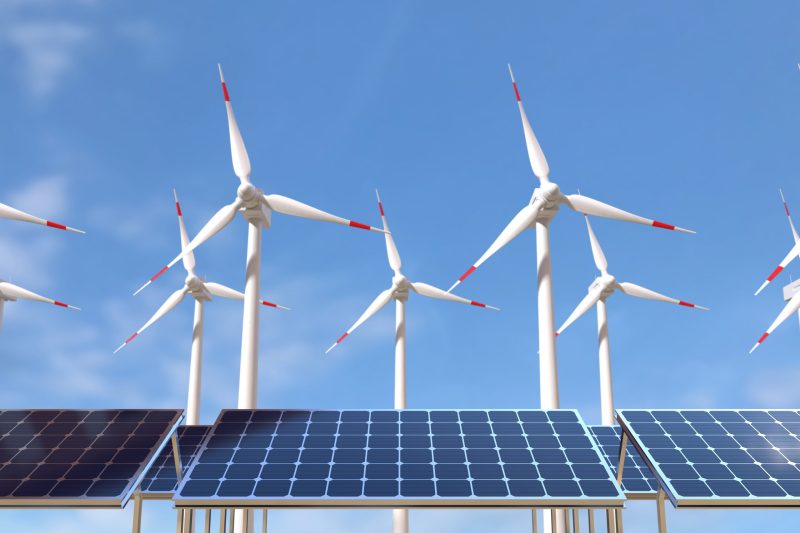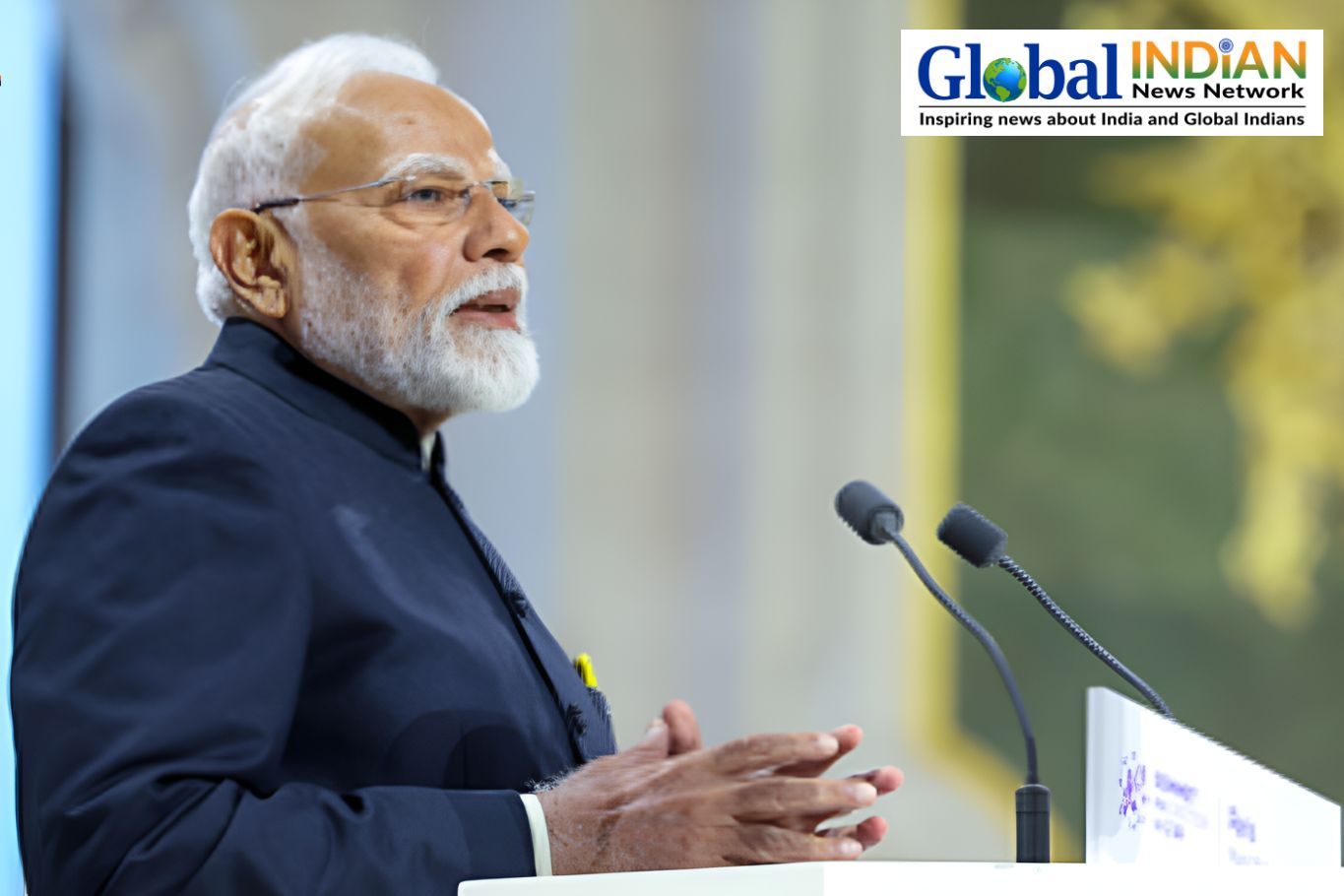 The Indian government has introduced the National Bioenergy Programme (NBP) to promote the adoption of bioenergy and waste-to-energy technologies, with the goal of boosting clean energy solutions, enhancing energy security, and fostering sustainable development. Since 2014, a range of initiatives have been put in place to advance the biofuels sector. These include expanding the feedstock for ethanol production, implementing price mechanisms for sugarcane-based ethanol under the Ethanol Blended Petrol (EBP) Programme, and introducing Ethanol Interest Subvention Schemes (EISS) to support ethanol production from molasses and grains.
The Indian government has introduced the National Bioenergy Programme (NBP) to promote the adoption of bioenergy and waste-to-energy technologies, with the goal of boosting clean energy solutions, enhancing energy security, and fostering sustainable development. Since 2014, a range of initiatives have been put in place to advance the biofuels sector. These include expanding the feedstock for ethanol production, implementing price mechanisms for sugarcane-based ethanol under the Ethanol Blended Petrol (EBP) Programme, and introducing Ethanol Interest Subvention Schemes (EISS) to support ethanol production from molasses and grains.
The Pradhan Mantri Jaiv Indhan – Vatavaran Anukool Fasal Awashesh Nivaran (PM JI-VAN) Yojana, revised in 2024, is aimed at providing financial backing for advanced bioethanol projects using renewable feedstocks. Over $106.7 million has been approved for 2G bioethanol projects, including large-scale ventures in Panipat, Haryana.
Furthermore, the Oilfields (Regulation and Development) Amendment Bill, 2024 was introduced to boost domestic oil and gas production while decreasing dependency on imports. The bill is designed to attract investments, foster a more investor-friendly environment, and support the exploration and production of all hydrocarbons. As part of this initiative, the “No-Go” area in the Bay of Bengal, the Indian Ocean, and the Arabian Sea has been reduced from 1,366,708 square kilometres to 24,832 square kilometres, unlocking nearly 99% of previously restricted areas for exploration.
These policies have also led to a reduction of approximately 5.57 million metric tonnes of CO2 emissions over the last 10 years through ethanol blending in petrol by Public Sector Oil Marketing Companies.









